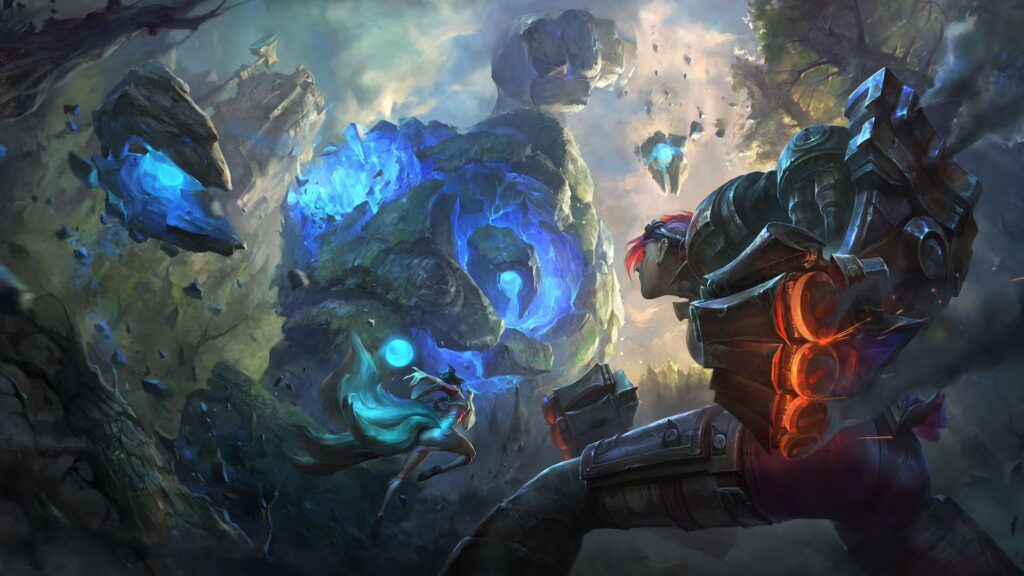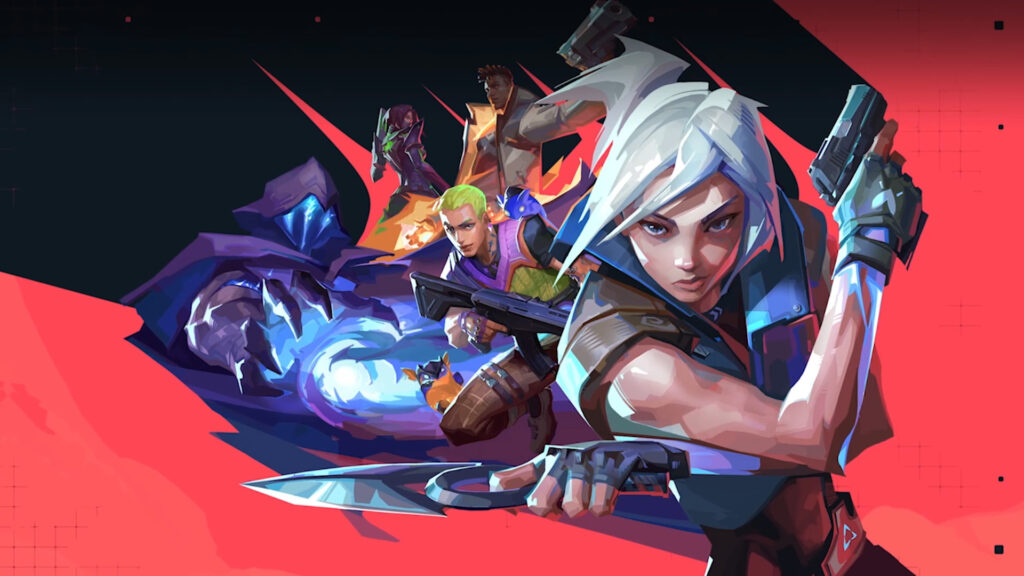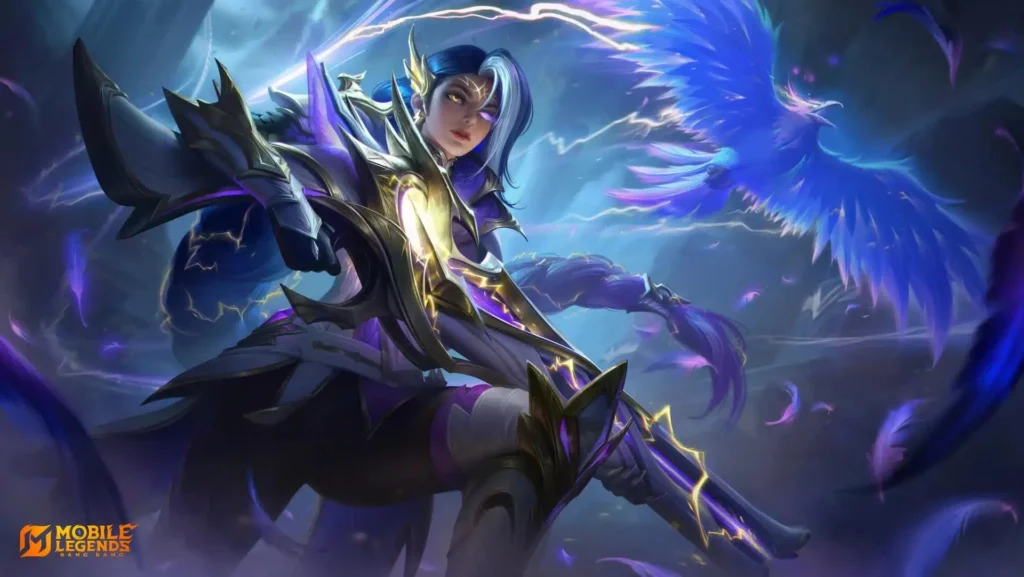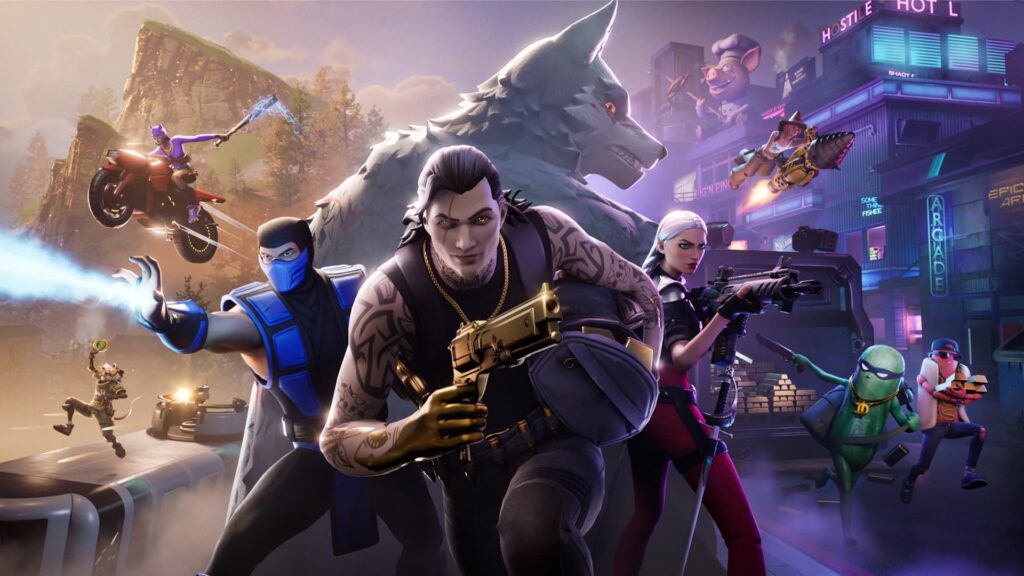
The landscape of esports in 2025 represents a significant evolution in the world of competitive gaming. Once considered a niche interest, esports has become firmly established as a mainstream, global phenomenon. The Top 5 Esports Titles discussed here are not only market leaders but also serve as benchmarks for design excellence, skill expression, and community engagement. Collectively, they demonstrate how digital competition has matured, influencing broader trends in media, sponsorship, and cultural participation.
Top 5 Esports Titles : Counter-Strike 2 (CS2)

Counter-Strike 2 remains a foundational element of the esports ecosystem. Its enduring popularity is attributable to its refined tactical depth and consistently high production values. Major tournaments, such as the PGL Major Copenhagen 2025, have achieved impressive viewership, underscoring CS2’s continued relevance. Updates via Valve’s Source 2 engine have further enhanced gameplay realism and strategic possibilities, ensuring that CS2 retains its reputation as a premier platform for competitive integrity and global participation.
Top 5 Esports Titles : League of Legends (LoL)

League of Legends continues to set the standard for long-term success within the esports industry. Its competitive structure—including the 2025 World Championship—attracts substantial international audiences and fosters a dynamic professional scene. Riot Games maintains the title’s vitality through ongoing balance adjustments and content updates, making the game accessible for newcomers while remaining engaging for seasoned competitors. LoL’s sustained prominence exemplifies the potential for digital games to drive innovation and community growth over extended periods.
VALORANT

VALORANT has rapidly distinguished itself as a leading esports title, thanks to its synthesis of tactical shooting mechanics and agent-based gameplay. The expansion of the VALORANT Champions Tour into new markets reflects Riot Games’ global ambitions and the title’s broad appeal. The dynamic meta, shaped by frequent agent and map changes, ensures a continuously evolving competitive environment. VALORANT’s popularity is further bolstered by its capacity to support both individual skill expression and complex team strategies.
Mobile Legends: Bang Bang (MLBB)

Mobile Legends: Bang Bang exemplifies the rise of mobile esports, particularly in Southeast Asia. The M5 World Championship 2025 achieved record-breaking viewership, signaling the increasing legitimacy of mobile platforms within the competitive gaming sphere. Moonton’s commitment to fair matchmaking and gameplay balance has contributed to the game’s sustainability and global reach. MLBB’s ascent demonstrates that mobile titles can achieve parity with traditional PC and console esports in terms of professionalism and audience engagement.
Fortnite

-Pictures sourced from internet-
Fortnite persists as a culturally significant and competitively robust title. Its cross-platform accessibility has enabled sustained growth across PC, console, and mobile segments. The Fortnite Champion Series (FNCS) in 2025 drew unprecedented levels of participation, reaffirming the enduring appeal of the battle royale genre. Epic Games’ strategic collaborations with major brands and public figures continue to expand Fortnite’s cultural footprint, reinforcing its status as both an esport and a broader entertainment platform.
Conclusion
Collectively, these titles illustrate the key attributes of successful esports games in 2025: adaptability, community engagement, and a commitment to evolving gameplay. Their ongoing influence ensures that esports remains one of the most dynamic and rapidly developing sectors within the global entertainment industry. As competitive gaming continues to grow, these five games will likely serve as the pillars of future digital competition.



